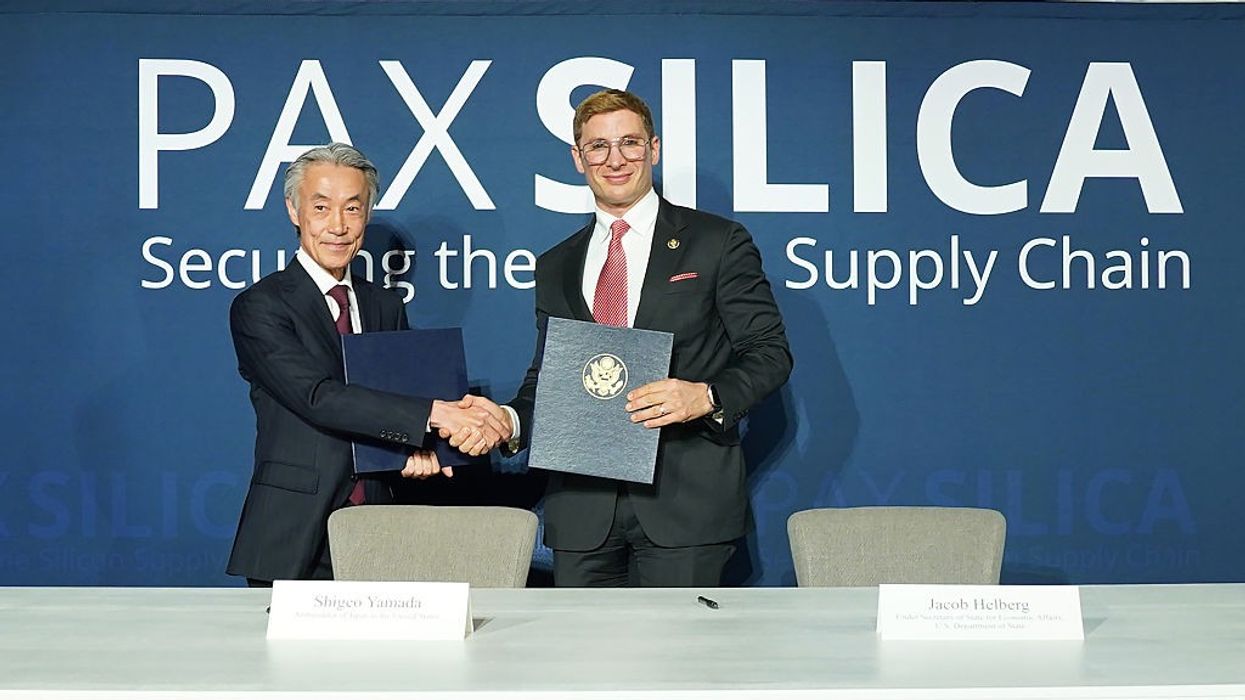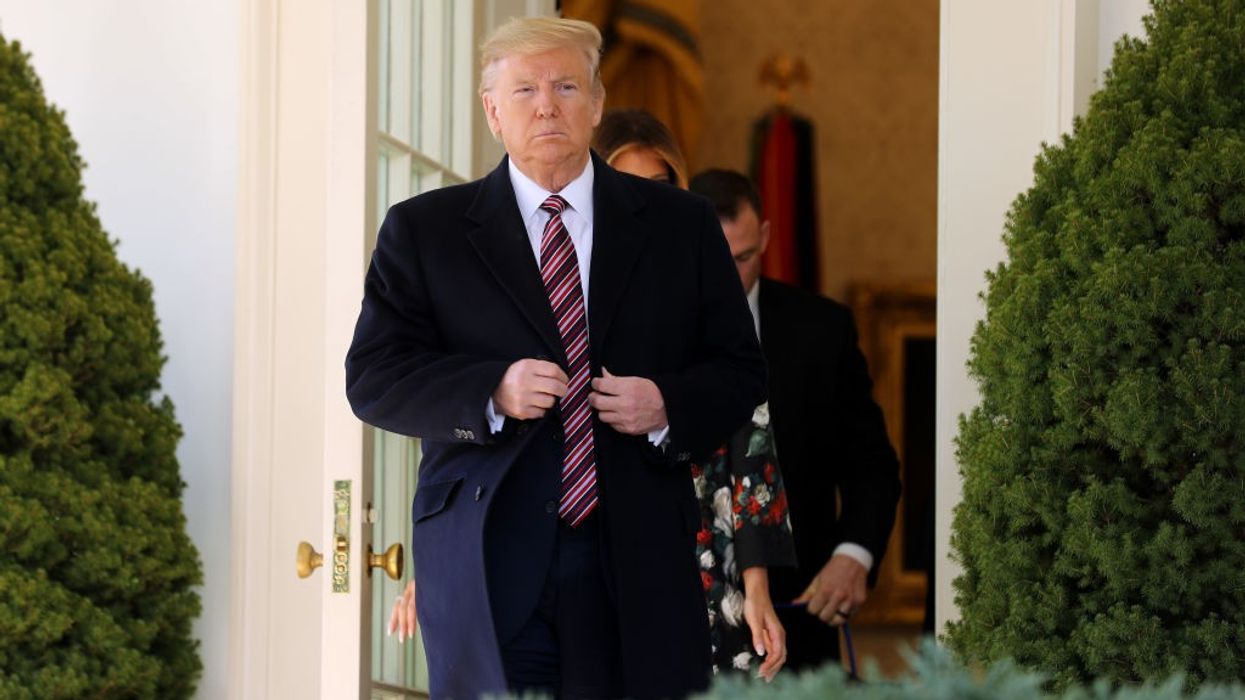THE TEXAS state appears to be intensely divided over a bill that would ban products containing tetrahydrocannabinol, or THC, the compound that gives marijuana its psychoactive properties.
Texas has strict marijuana laws, but thousands of retailers in the state sell THC consumables made from hemp that come in the form of gummies, drinks and vapes.
The call to ban THC is being spearheaded by Lt. Gov. Dan Patrick, who has made the ban one of his top priorities, calling THC-infused products a “poison in our public.”
The ban has been passed by the legislature and it is now up to the Republican governor Greg Abbott to either approve or veto the ban.
Hemp farmers and industry want the governor to veto the measure, while Patrick and his allies want him to sign it.
The Texas bill would make it an offense to sell, possess or manufacture consumable products with THC.
A federal law in 2018 had allowed states to regulate hemp, which can be synthetically processed to create THC.
Hemp is a plant, related to marijuana, and it is grown to make textiles, plastics, food and several other products.
However, hemp is legally defined as cannabis with a THC concentration below 0.3 per cent.
The proliferating market has given residents in states with strict marijuana laws such as Texas a legal way to access products that can give them a similar high.
At a recent press conference, Patrick, arranged a table full of cannabis products, and said people may buy them from stores without knowing they are getting their kids high on drugs.
The hemp industry leaders support restricting THC products to those under the age of 21, and prohibiting its sales within a certain distance of schools.
They also called for laws against marketing the products as “attractive to children.”
Many states, including California, have imposed similar restrictions in recent years that include banning underage use.














